Where is Dieter Krombach – of Netflix's My Daughter's Killer – now?
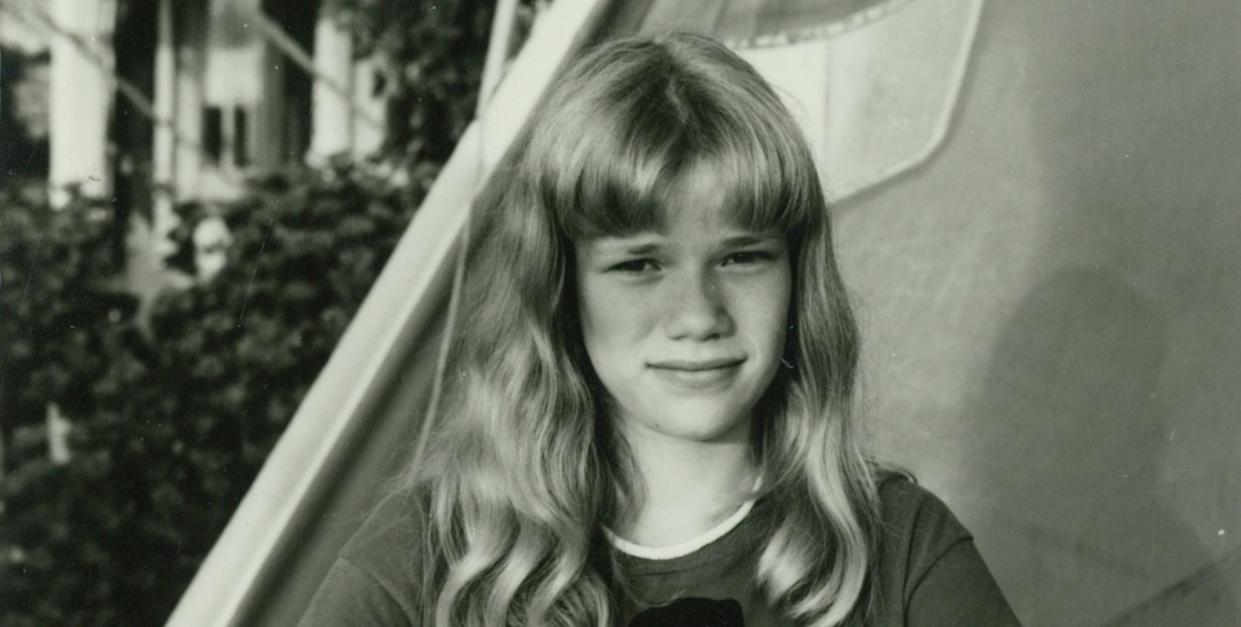
It’s any parent’s worst nightmare – your daughter being killed by their stepfather, with no one seemingly willing to note the obvious. But that’s exactly what happened to André Bamberski, and in My Daughter’s Killer, his near 30-year quest for justice is depicted.
The Netflix true-crime documentary shows the extreme, applaudable measures the accountant took to make sure the person responsible for his beloved 14-year-old daughter Kalinka’s death would get what he deserved.
When bureaucratic red tape, misogyny and the slippery nature of Dieter Krombach resulted in an infuriating amount of stonewalling, Bamberski ultimately took the matter into his own hands.
Here’s what happened to Kalinka, how Bamberski sought vengeance, and where Krombach is now.
What happened to Kalinka Bamberski?
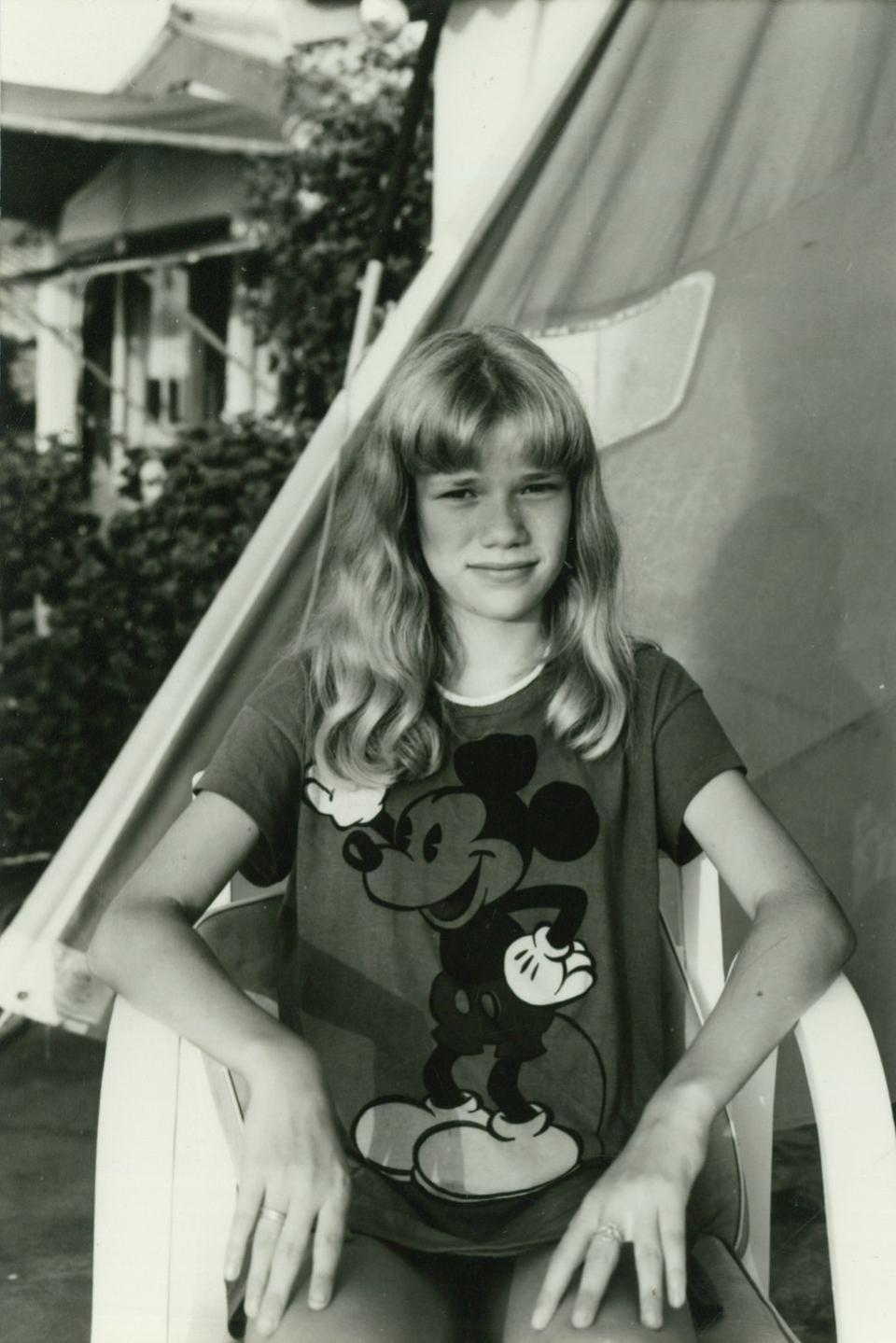
Kalinka Bamberski was the oldest child of André and Danielle Bamberski. They would later also have a son named Nicolas.
André and Danielle would eventually have a bitter divorce after she started an affair with their neighbour, Dr Dieter Krombach. After their split, the children went to live with Danielle and Krombach in Lindau, Germany with Krombach's own two children, Boris and Diana.
In the early hours of July 10, 1982, emergency services were called to the family home with a now 14-year-old Kalinka unresponsive in her bed. Paramedics noted by the time they arrived, she had already gone into a state of rigor mortis, suggesting she had been dead for some time.
Krombach admitted that he had attempted to inject her with calcium and iron in the belief she had suffered sunstroke, which seemed odd to the medical professionals as that is not the typical treatment.
The physically fit teen died with no underlying health issues that could have caused a sudden death, and is remembered as a bright and constantly smiling young girl.
An autopsy took place and she was then transported back to Pechbusque, France, where she was buried.
The medical examiners refused to give an official cause of death, however it was noted that she had suffered from regurgitation and choking before she died. There were also other anomalies in the notes.
In 1985, her body was exhumed by investigators, where it was discovered that, despite the autopsy reports claims, several of her organs had not been replaced – including her genitals, the removal of which hid any potential evidence of sexual assault.
What happened to Dieter Krombach?
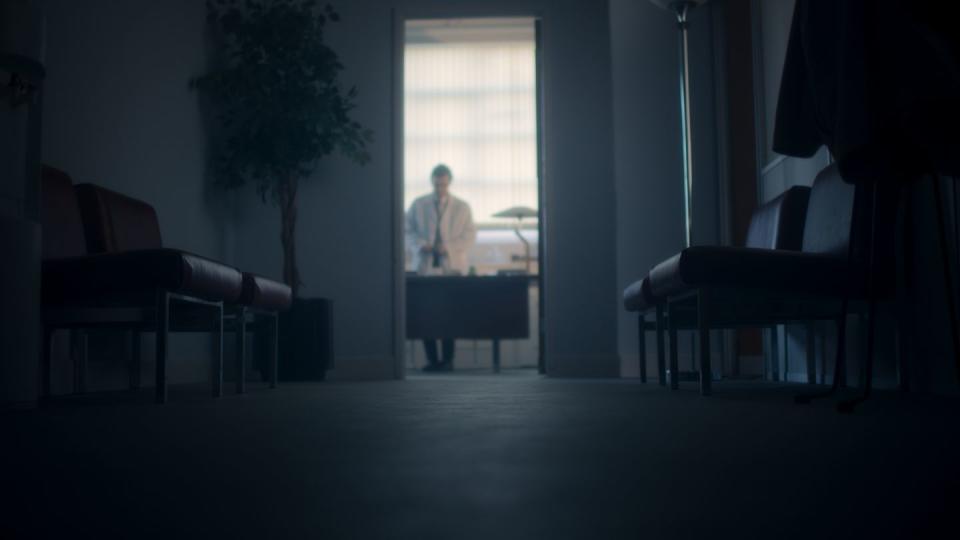
Dieter Krombach, a GP in Lindau, was a highly respected member of the community. However, he had a sinister side to him that he had successfully hidden from his family. Krombach always denied any involvement in Kalinka’s death, and his lawyers disputed claims he was at the autopsy, rather only there just to officially identify the body and leave.
Danielle was his second wife, after his first died mysteriously at the age of 24. The pair divorced five years after the death of Kalinka after she discovered he was having an affair.
In March 1997 things began to unravel for Krombach when he was charged with rape of a patient under the age of 16 in his office. He was given a two-year suspended sentence and had his medical licence revoked. However, he continued to secretly work as a locum doctor, travelling around Germany undetected after forging his licence.
He later willingly gave a TV interview to a local news reporter about the arrest, with the journalist appearing on My Father’s Daughter and remarking on its chilling content. He made inappropriate comments towards her on his arrival, and later joked on camera about the child he raped, saying, “Like they said in ancient Rome ‘those who remain silent seem to agree'” when asked about drugging her.
Other women then started coming forward, all claiming he had drugged them with an iron injection before raping them while in his care.
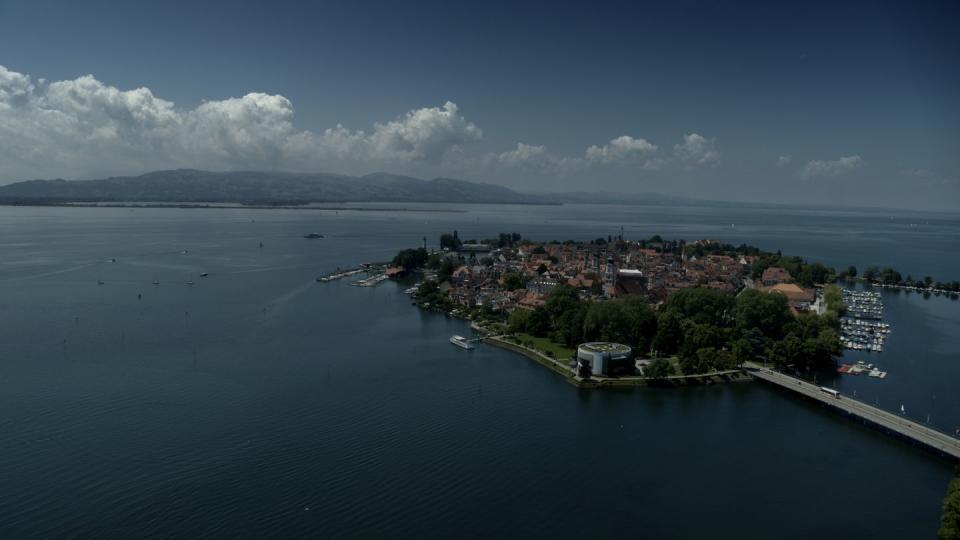
By this point, he was also a wanted man in France, who had charged him in absentia for the wrongful death of Kalinka and were holding out an arrest warrant for a 15-year prison sentence.
He refused to go into France because of this, and remained safe in Germany, where, having been declared innocent in Munich courts, he was protected from extradition.
In 2006, a librarian discovered that Krombach had continued to work as a doctor around Germany despite not having a licence. Her discovery meant he was arrested, and was caught by authorities as he appeared to be fleeing the country.
He went to court in July 2007 for operating without a licence, was sentenced to two years in jail before being released early in June 2008.
But in September 2009, Krombach was found in France yards away from a police station, badly beaten over the head, gagged with duct tape, with his hands tied behind his back.
He was taken to hospital for treatment, then held in custody for the outstanding warrant in his name for the death of Kalinka.
In 2011, Dieter Krombach was eventually sentenced in France to 15 years in prison for “bodily harm leading to unintentional death” – not murder, as it could not be proved he intended to kill Kalinka.
He had made several attempts to be released and appeal his conviction, maintaining his innocence, but he was unsuccessful.
Nine years later, on February 22, 2020, he was released from prison on medical grounds, and he died seven months later on September 12, 2022, in Germany.
To date, 16 women have come forward with sexual assault accusations against him.
What happened to André Bamberski?
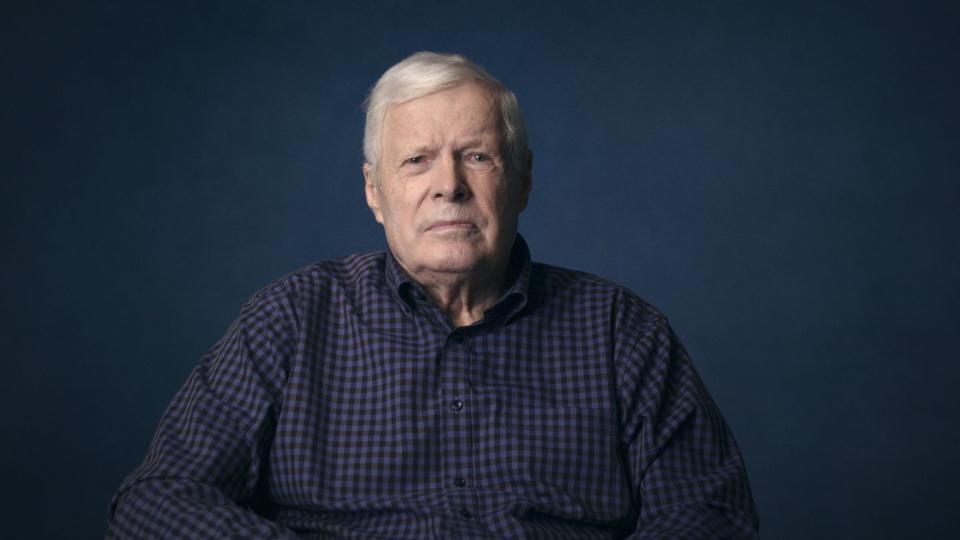
After being notified of the death of his daughter, Bamberski went on a mission for answers, only to be stonewalled at every turn.
It took Krombach and his ex-wife several weeks to hand over the autopsy report he requested, and he then had to wait even longer while it was translated.
What he read in the report immediately alerted him to something being wrong, with questions seeming to be left deliberately unanswered.
However, every push he made resulted in a series of accusations calling him “crazy”, with the implication being he was seeking revenge on Krombach for the breakdown of his marriage.
His extreme measures included flyering the town with leaflets claiming Krombach had raped and murdered his daughter, and seeking justice in both Germany and France (as Kalinka was a French citizen).
Bamberski believed he’d had a breakthrough with the in absentia charge in France in 1995, only for Krombach to avoid extradition.
In 1997, after Krombach's arrest for the rape of a patient, Bamberski started to keep tabs on him to know where he was and what he was doing as much as possible in case he fled.
He was later aided by the librarian who discovered his true identity, several journalists and private detectives who also believed in Krombach’s guilt.
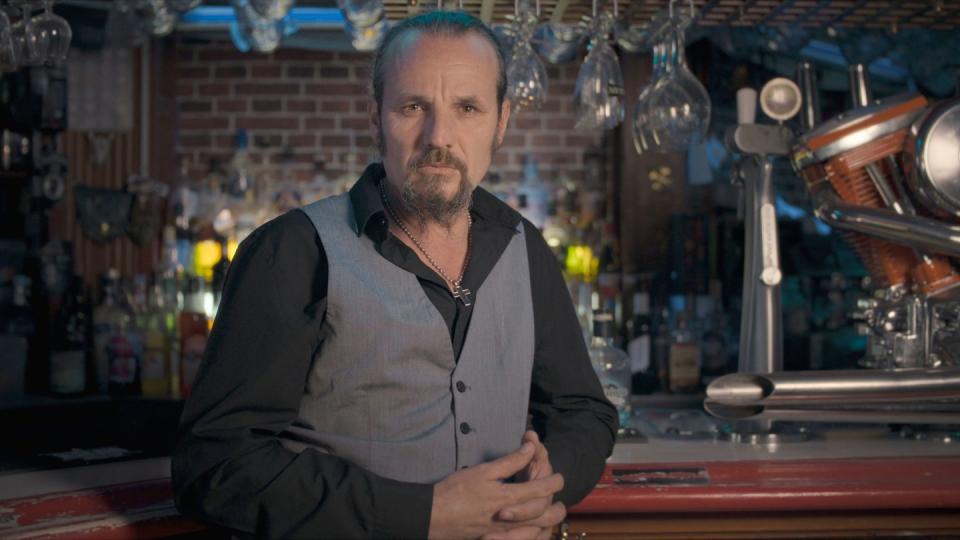
With the statute of limitations closing in, in September 2009 Bamberski took the ultimate risk and started seeking the help of someone to kidnap Krombach, drag him over the border into France himself and force him to face the consequences.
He found his assistant in Kosovo-born barman Anton Krasniqi, who had loose ties to the mob and had been in jail previously, who sympathised with Bamberski’s situation as a father himself.
Speaking on My Father’s Killer, Krasniqi explained he wanted no money for completing the abduction and kidnap, and only asked for expenses for himself and the two Russian mobsters he brought with him.
“He’s a really great dad. It’s interesting, it moves you and you think ‘If that happened to you, what would you do as a father? What are you capable of doing as your child?’,” he said, saying “compassion” was the main reason for wanting to be involved.
After dumping Krombach in Mulhouse, Krasniqi called the police to inform them of the fugitive’s whereabouts. Krasniqi was arrested the next day for abduction and potentially faced 10 years in prison for his involvement in the attack, but after his story was heard by police, he was allegedly given a “guard of honour” in the police station lobby on his way to face the court prosecutor.
In 2014, Bamberski got a one-year suspended sentence for instigating the abduction. His accomplice Krasniqi got one year in prison and says he regrets nothing about his participation in the kidnap.
Speaking to the cameras in My Daughter’s Killer, Bamberski said: “I hope Kalinka is in heaven and that she knows about everything I did for her. I think that she deserved it.”
My Daughter's Killer (L'Assassin de ma Fille) is available now on Netflix.
You Might Also Like

